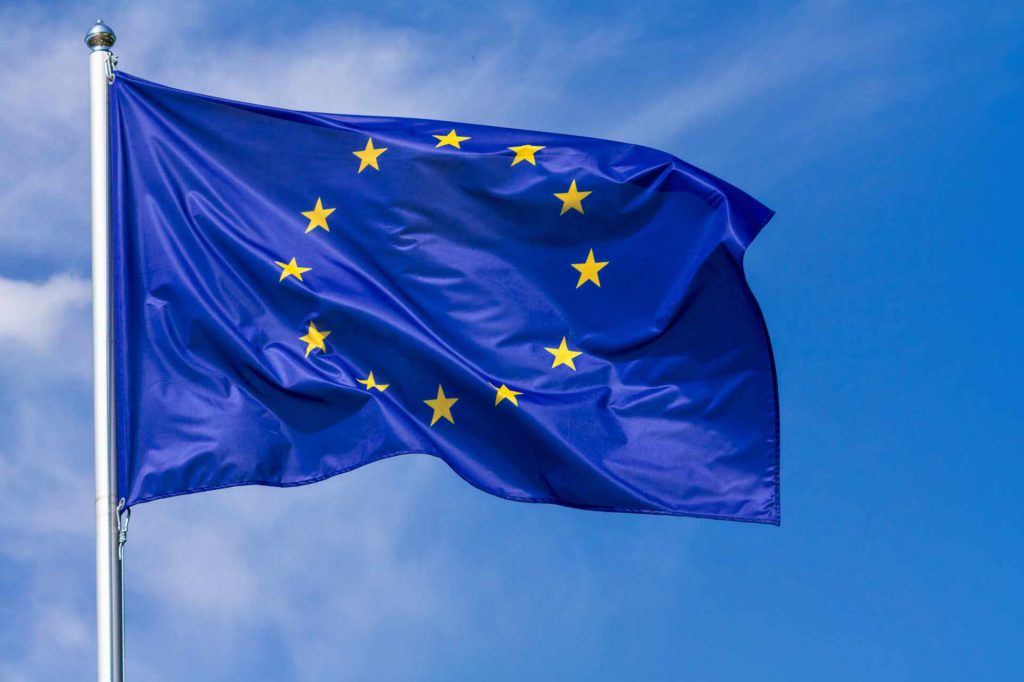- How do we derive our current employment law?
In the UK our employment law is derived mainly from Acts of Parliament and case law. After 1973 when the UK joined the EU their European law became a further source. The impact of the EU on employment regulation considerably changed again in 1997 when the UK joined the Social Chapter of the Maastricht Treaty.
On the 31 January 2020, over 4 years on since the EU referendum took place on Thursday 23 June 2016 the UK finally left the EU.
- What happened after the 31st January 2020?
Long and numerous negotiations took place for 11 months, which finally resulted in an agreement about how the future relationship between the UK and the EU would be structured and also managed. The agreement contains a ‘non-regression’ arrangement as far as employment law and workers’ rights are concerned.
- What is ‘non-regression’?
This is the idea that different parties have agreed to a trade agreement and to commit in the future to at least maintaining their current level of regulatory standards on topics that include labour law and environmental protection. This is hopefully to avoid either side reducing their current standards to gain a competitive advantage over the other far as employment law and workers’ rights are concerned.
- What is the current situation for companies in Staffordshire?
Many of our companies in Staffordshire are very much unaware of the government’s post-Brexit immigration plans and changes. We think the government has not shared, or even encourage companies to prepare for what we think will be impending restrictions on access to the EU skilled workforce.
There are no current facts or government data available to confirm that companies in both Staffordshire and also the UK are set to face skill shortages and recruitment difficulties as a result of post-Brexit migration restrictions. With the result of the COVID pandemic, some people are saying that with the increase in unemployment Brexit has arrived at a perfect time.
- Companies’ Legal guide to post-Brexit immigration workforce.
A new points-based immigration system will be operating from the 1st January 2021. This legal framework will set out how EU employees and other overseas nationals may come to live and work in the UK.
If companies already have non-UK citizens on their current workforce, then their HR professionals will need to familiarise themselves with the new legal requirements and processes so that their companies stay compliant with these new regulations. Our HR Team of experts can guide your company through these new changes and will answer any essential questions you may have and help you navigate the new legal employment changes to your current system.
We have a diagnostic tool and flowchart that will provide you with an instant view on the visa permissions your circumstances that your Non-UK citizen employees may demand, while our guide will provide step-by-step details and case study examples on the following potential requirements:
- How your employee can assess and record the right to work in the UK from 2021
- The sponsorship categories available in the UK
- What is and how to obtain a sponsorship licence.
- How to apply under the EU Settlement Scheme
- Some useful Q & A’s for your company?
I am a UK company based in Staffordshire that recruits staff from the EU what do I need to do?
- Your EU employees arriving to work in the UK will require to qualify under the new points-based post-Brexit immigration system.
- If an employee requires a set of regulated professional qualifications to complete their work task, then these qualifications will need to now be checked against the ‘officially recognised’ skilled qualifications list in the UK.
I am a UK company based in Staffordshire that already has some employees that from the EU nationals what do I need to do?
- If your EU employees arrived in the UK before 11 pm on the 31st December 2020, then they must (along with their families) apply for a settled or pre-settled status under the European Settlement Scheme (EUSS).
This application must be before the 30th June 2021.
* Please note that Irish nationals do not need to have settlement status to live and work in the UK. *




